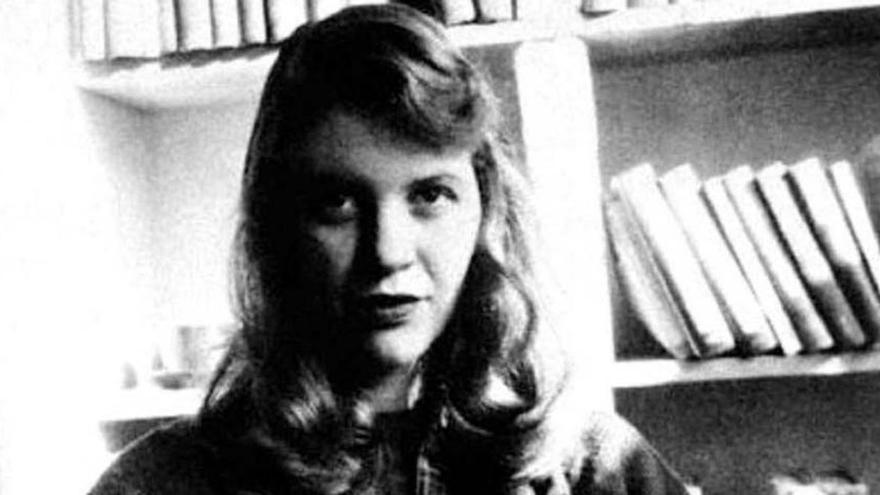Madrid
07/08/2023 a las 19:39
CEST
Examples of inevitable literature, which is born from a seed foreign to the artistic, which does not dream of applause, which is engendered almost on its own
In 1944, Anthony Burgess he was a British diplomat serving in Malaysia. The war was far away. His wife, on the other hand, was in London when a blackout engulfed the city in the twilight She was pregnant, alone and there were no motives for her. Late at night, a group of deserting US soldiers entered her apartment. The woman was beaten and raped. She lost his son. Burgess learned of the tragedy from a distance. In the middle of the war, it was not easy to return to his country.
The trauma and the predilection for dystopian literature they sowed a seed in the writer. He read Orwell, Huxley, Zamyatin, but he especially watched postwar London society. A Clockwork Orangethen, narrates the violent adventures of four young schoolboys, led by Alex, who find twisted pleasure in violating innocent people for no reason. Somehow, they seem like children who discover violence by splitting a worm in half, or tearing off the wings of a fly.
Alex’s gang resembles the Teddy Boys, a youthful personality that saw its heyday in England after World War II. They dressed like the dandies of old, worshiped the rock and rollThey threw manners overboard and led a street life. It was debauchery after oppression.
A Clockwork Orange it is a mixture of all these elements: unjustified violence, no longer warlike but domestic; extravagant fashions, a youth that has lost its sensitivity for life. The tragic scene that the author’s wife, Llewela Jones, survived is reproduced in one of the scenes in the book, when Alex’s gang breaks into a writer’s house, attacks and rapes his wife.
Literature, among its many metamorphoses, in the darkest moments usually puts on the cassock, raises a cross and performs exorcisms on the possessed. Sometimes the demon leaves the body; others, it is replicated on the pages without releasing the author. It is the case of the North American Sylvia Plath. His poems represented self-destruction, not belonging to a materialistic and artificial environment. Everything becomes clear in his only novel, the bell jar. Esther, the protagonist, has a scholarship at a good university, is an aspiring writer and must be admitted to a psychiatric hospital due to depression and her suicide attempt. Plath’s experience matches. Except for the ending. Although the protagonist recovers and finds the strength to live, Plath committed suicide before the book was published.
Sometimes the lyrics are kinder. They were with Mario Vargas Llosawho lived through the ordeal of the Leoncio Prado Military College to reproduce it in The city and the Dogs. The reason why he spent two years in that boarding school facing the sea is also relevant: his father disliked his penchant for literature. He considered her feminine, and he thought the antidote for her was a strict military education. Like Alberto, one of her characters, Vargas Llosa reinforced his literary side as opposed to barbarism. The equalities between the life of the author and that of the schoolboys in the book are evident.
Military life has been a source for this kind of literature, in which trauma is the engine and memory the gasoline. In this case, there is no better reference than Ernest Hemingway. goodbye to arms confirms it. The author, an American of stout build, volunteered for the Red Cross during the Great War. He served as an ambulance driver on the Italian lines. At the front, and like Frederic, the character in the novel, who also came from the United States and drove ambulances for the Italian army, Hemingway was wounded in the leg by the impact of an Austrian mortar.
They are examples of inevitable literature, which is born from a seed foreign to the artistic, which does not dream of applause, which spawns almost on its own. There is a more sinister parallel: they are the bloody sacrifices that, like the gods of antiquity, the book has claimed.
